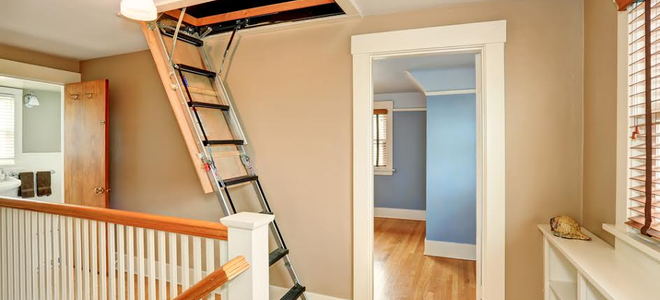
Knowing how to perform maintenance jobs around the house is an important part of being a homeowner, especially in the event of an emergency. From turning off the main water supply to resetting a tripped breaker in your home’s electrical, here are seven things every homeowner should know the location of around their property.
1. Gas Shutoff
It's important to know how to turn off the gas supply to your home in case of emergencies. The location of the gas shut-off valve is usually right beside the gas meter. You will need a wrench to turn the valve, so obtaining one ahead of time is crucial in keeping your home safe. Like water lines, individual appliances usually have their own shut-off valves as well. If you reach the point where you need to shut-off the main gas supply, contact your gas company and make sure everyone is safely out of the house.
2. Electrical Power Box

Houses typically have one electrical panel that regulates all the power to the home. The location of the panel will vary, but they are usually tucked away in the garage, basement, or a closet. You may even find the panel outside in certain parts of the country. You need to know the location of the panel in case a circuit gets overloaded and needs a reset, or if you need to shut off power to an area of the home for a project.
3. Major Home Appliances
You should know the location of all of the major appliances in your home, specifically the hot water heater and HVAC system. You should regularly inspect the hot water heater for leaks and adjust the temperature of the water for maximum comfort. The HVAC system should also be inspected on a regular basis and filters swapped out whenever they get too dirty.
4. Attic Space

Knowing how to access the attic is important if you are doing repairs like running electrical wire or troubleshooting a leak. Finding the entryway to the attic is a fairly straightforward process. Just go to the highest floor in your home and look for a small door in the ceiling. A lot of homes also feature the attic entry inside the garage. If the home has been remodeled, you may discover multiple entryways to the attic.
5. Property Lines
You should have a good idea about where your property starts and ends. Most of the time, not knowing this information is not a big deal, but there are instances where it is important. You should know your exact property lines, for example, if you want to build an addition, if a neighbor’s tree encroaches on your yard, or when you are doing a little landscaping. You can find out about property lines by calling the county assessor’s office, looking at the deed, or hiring a licensed surveyor.
6. Safety Equipment

You should know the location of all of your home’s safety equipment in case of emergencies. This includes fire extinguishers, fire alarms, and carbon monoxide detectors. You should also inspect these safety devices on a regular basis and make sure they remain in working condition throughout the year.
7. Main Water Turnoff
Knowing how to shut off the water to your home can save you a lot of time and money when a plumbing issue hits. In the event of a major leak, turning off the water mains can prevent the water from causing serious damage to other areas of your home. You may also want to turn off the water when you are away for a long vacation. Most homes usually have two places where you can turn off all of the water: an inside valve and a street-level valve. Most faucets, toilets, refrigerators, and other water sources will also have their own shut-off valves. If you cannot find the location of the main water shutoff, your local water company should be able to assist.







Comments:
Post Your Comment: